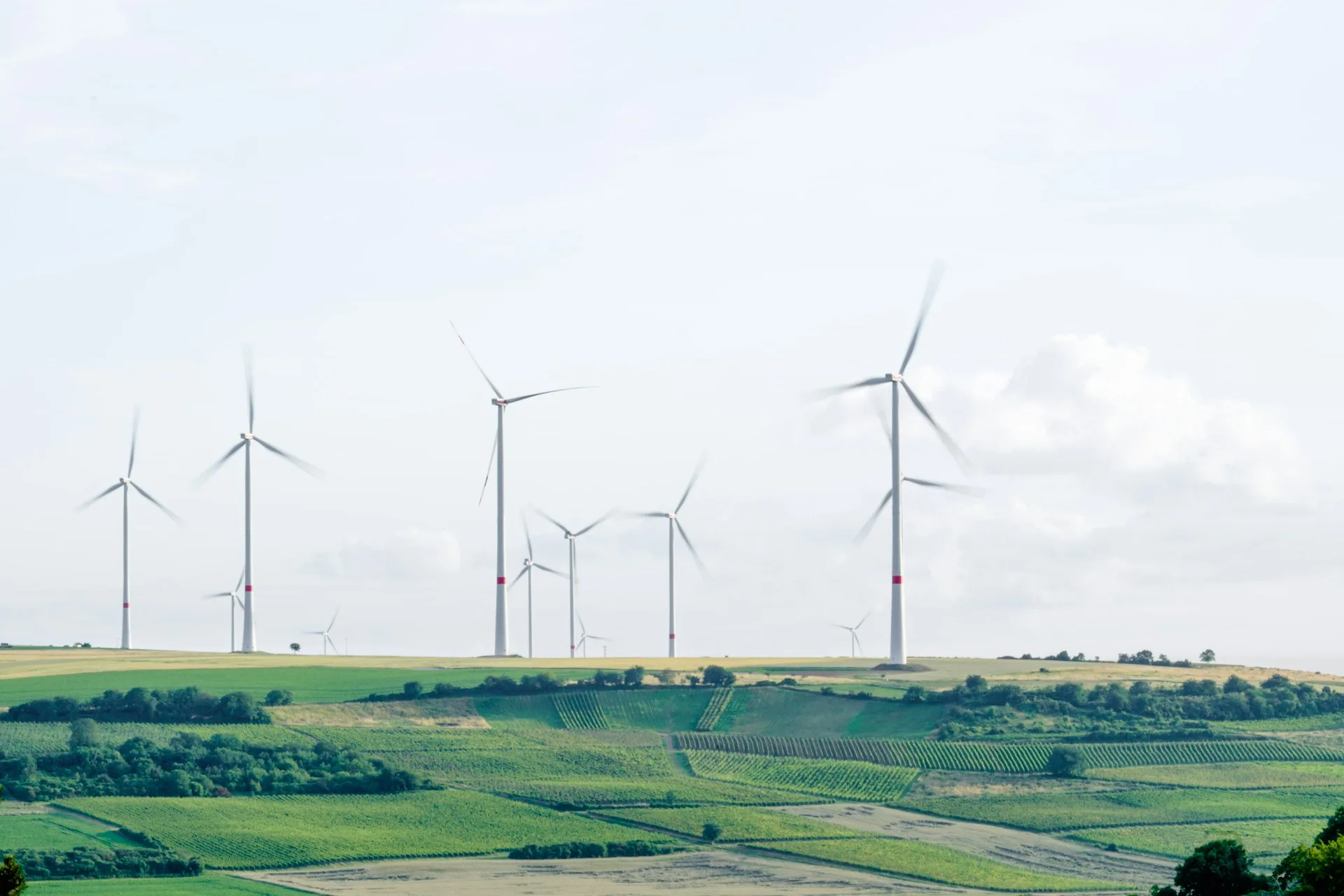The full-scale war has forced Ukraine to rethink how to build its economy going forward. Instead of reviving old schemes, more attention is being paid to “green” professions — those related to environmental technologies and energy conservation. The Ukraine Green Recovery report, prepared in collaboration with UNEP and the non-governmental organisation Living Planet, shows that environmentally-oriented areas can not only help with reconstruction, but also set a new direction for the entire Ukrainian economy.
Read also: How Pension Fund service centres operate in different regions of Ukraine
Job creation forecast
Experts have assessed the potential of green industries in Ukraine — if support for businesses in key eco-sectors is stepped up, more than 1.2 million new jobs could be created by 2028. This does not only apply to exotic start-ups: the greatest opportunities lie in familiar areas such as construction (e.g. insulating buildings or installing modern heating systems), logistics, agriculture and water supply. In the agricultural sector, this means the development of biofarms and the production of energy from waste — something that is profitable and reduces the burden on nature.
Involving veterans in the green labour market
After the war, Ukraine will have millions of people with combat experience, and the question is how to help them return to peaceful life. One way is to involve veterans in sustainable development. Training programmes are already being developed for this purpose, ranging from short courses to real internships at enterprises. In some communities, veterans will be able to receive support to start their own businesses — for example, small environmental workshops or agricultural projects that serve the local community and nature.
Read also: Free first aid training in Ukraine – organisations and courses
Transition skills and educational initiatives
A flexible education system is needed to enable young people and those seeking to change careers to enter the green economy. This involves not only new faculties, but also updating programmes at technical schools and colleges. Students need to be taught how to combine knowledge of energy, biology and digital technologies. Ideally, learning should take place not only in classrooms, but also in companies, in the form of dual education.
Legislative framework and financial mechanisms
In order for green professions to develop systematically, support from the state is needed. In particular, at the legislative level, this means official recognition of such vacancies and the creation of special incentives for businesses that offer them. These could include tax breaks, preferential loans, and state grants. It is also important to adapt Ukrainian legislation to EU standards in order to attract investment and take advantage of European funds for sustainable development.
Read also: For Ukrainians abroad. What is the Unity Ecosystem and how does it work?
International support and investment
Ukraine is already receiving significant external support. The EBRD, the World Bank and EU funds are ready to invest in the development of renewable energy — solar and wind power plants, electric charging networks and infrastructure modernisation. These projects could create tens of thousands of jobs, from construction workers to IT specialists. And the creation of “green” clusters based on industrial parks in different regions will bring together business, science and communities for a common cause — the modern and environmentally friendly restoration of Ukraine.
Read also: What is the future of Ukrainians abroad? The experience of a community in Sweden



